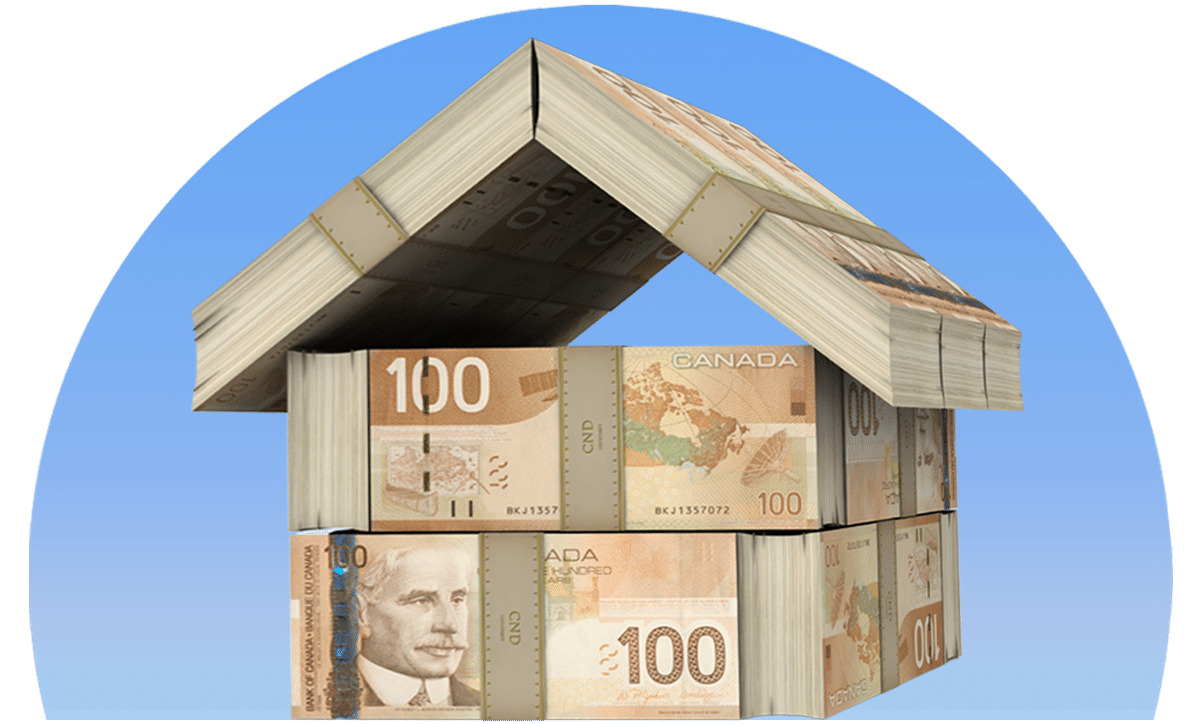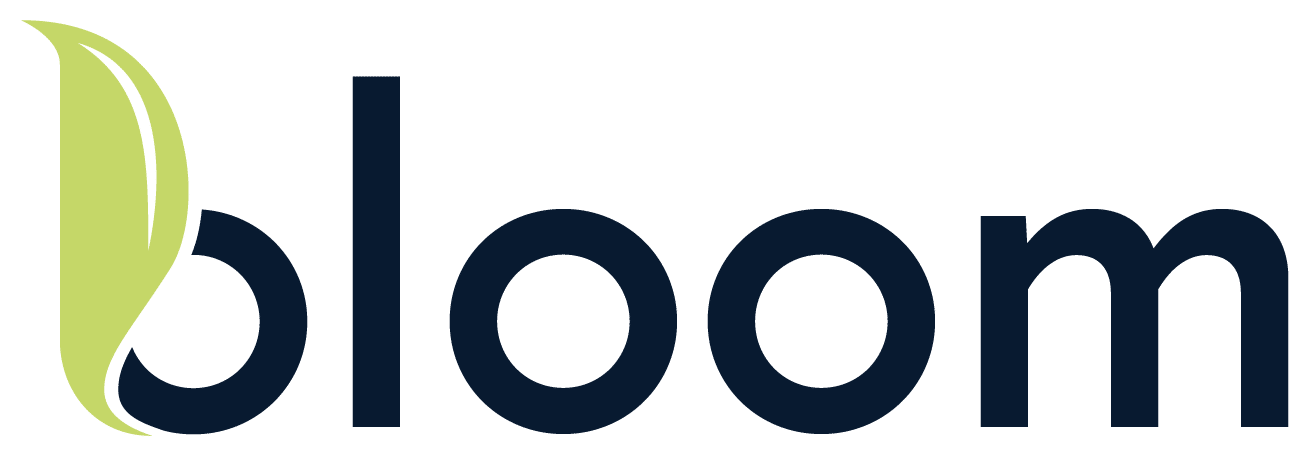How does a reverse mortgage work in Canada?
As with a standard mortgage loan, a reverse mortgage is secured against real estate; but the similarities end there. Reverse mortgages do not require regular loan repayments; in fact, there are no reverse mortgage monthly payments of any kind. Instead, the loan's principal and interest accrue over time, so the loan grows in value rather than shrinking. This structure allows reverse mortgage borrowers to access tax-free cash without worrying about repayment, until the reverse mortgage is closed.
What are the age requirements for a reverse mortgage?
Canadian homeowners must be at least 55 years old in order to access a reverse mortgage loan. If multiple people are listed on the title of the property, then all must meet the reverse mortgage age requirement.
What is the term length for a reverse mortgage?
Reverse mortgages are considered "life" loans, meaning they last the duration of the borrower's lifetime, or the length of time the reverse mortgage borrower owns the home. The loan terminates when the homeowner leaves the property, sells it, or passes away. At that point, the property's sale covers the entire loan balance, including all interest payments and any reverse mortgage fees.
What are the types of reverse mortgages you can get in Canada?
Canadian homeowners can choose from several types of reverse mortgages; these are basically the same in structure, but offer different ways to access loan funds. Homeowners can opt for a lump sum payment of loan funds, or they can use the mortgage to establish a line of credit, which can be drawn from as needed.
How much can you borrow with a reverse mortgage?
The amount a homeowner can borrow through a reverse mortgage in Canada depends on their age, the fair market value of their home, and the amount of equity they have in it. Lenders use a percentage of the home's value to determine the maximum amount of the loan; this percentage is usually capped at 55%.
Does a reverse mortgage affect your pension?
Reverse mortgages in Canada provide tax free cash, which in no way affects pension income or pension eligibility.





















